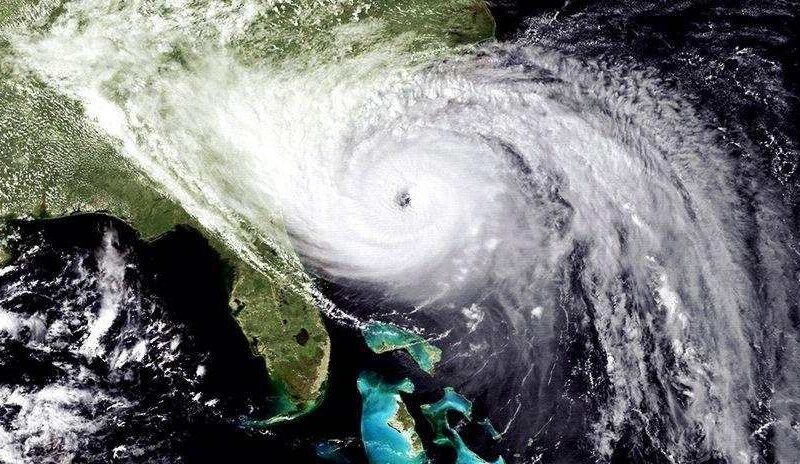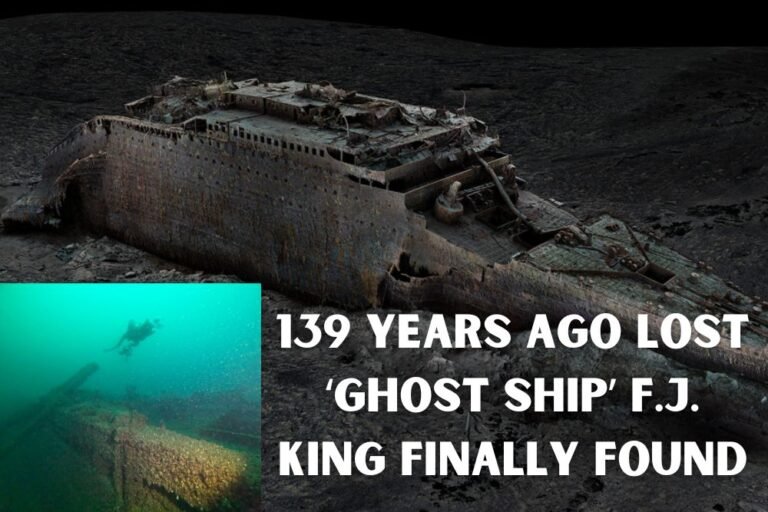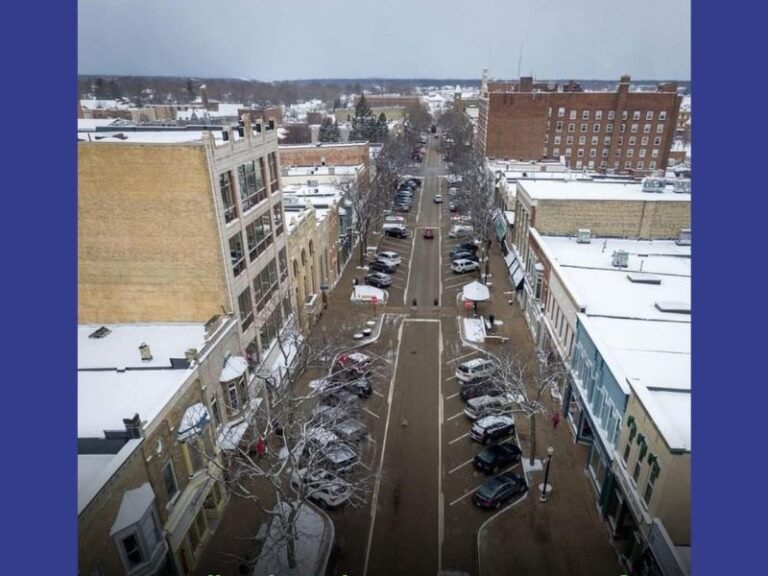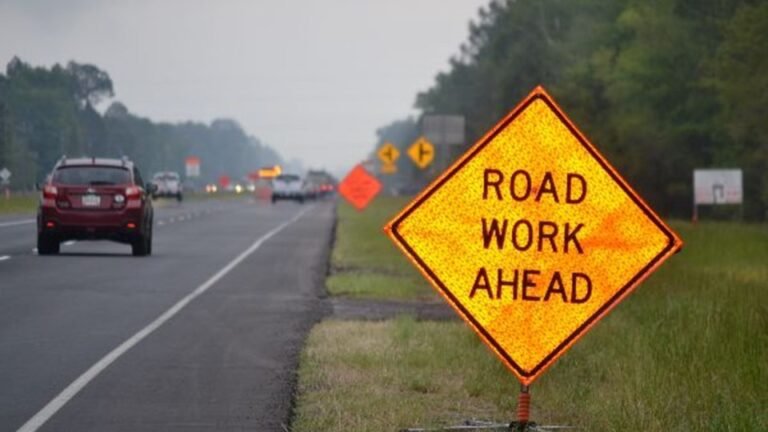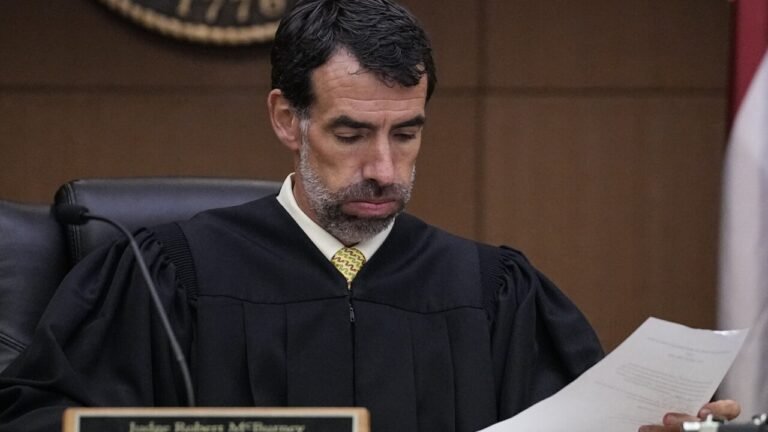Hurricane Hugo: 36 Years Since the Storm Ravaged South Carolina
CHARLESTON, S.C. — Tonight marks 36 years since Hurricane Hugo made landfall in South Carolina, forever changing the Lowcountry and cementing its place in weather history.
A Midnight Landfall
Hugo struck Sullivan’s Island at 12:01 a.m. on Sept. 22, 1989, as a powerful Category 4 hurricane. The storm packed 135 mph sustained winds, with Charleston recording gusts up to 108 mph and Myrtle Beach reaching 76 mph.
Hugo had begun as a Cabo Verde storm off the coast of Africa, strengthening into a Category 5 hurricane in the Caribbean before racing toward the U.S.
Record Storm Surge
Hugo brought catastrophic storm surge that still holds records today.
- 20-foot surge at Bulls Bay — the highest ever recorded on the U.S. East Coast
- 13-foot surge in Myrtle Beach — the city’s highest on record
The combination of storm surge and wind caused destruction across coastal South Carolina, with flooding wiping out entire neighborhoods.
Impacts Far Inland
Hugo’s swift movement meant its effects were felt well beyond the coast.
- Charlotte, N.C. recorded gusts near 90 mph
- Sumter, S.C. saw gusts up to 110 mph
- Power outages and structural damage extended across multiple states
Loss of Life and Legacy
Hugo killed 86 people, including 26 in the U.S., and at the time was the costliest hurricane in American history. Although later storms have surpassed it financially, Hugo’s impact remains deeply etched in South Carolina’s memory.
As South Carolina marks this solemn anniversary, many residents still recall where they were the night Hugo roared ashore — a storm that remains a benchmark for the state’s preparedness and resilience.
Where were you during Hurricane Hugo, and how did it impact your family or community? Share your story with us at SaludaStandard-Sentinel.com.

